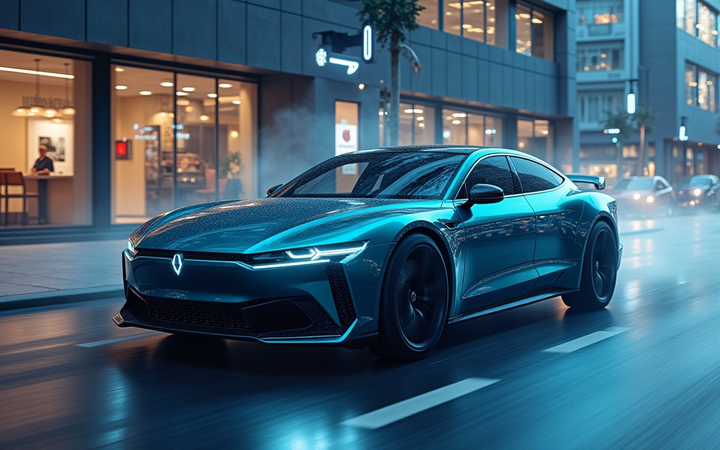BMW expects its all-electric Neue Klasse series to reignite growth in China, its largest market, following a significant drop in sales in the first half of 2025.
This week, the German manufacturer introduced its first Neue Klasse model, marking the beginning of a massive portfolio makeover aimed at better competing with local rivals and regaining profitability.
Slump in China sales
BMW, like several other European automakers, has struggled to gain ground in China, where intense local competition and a weakening property market have weighed on luxury car demand.
The decline pushed BMW’s sales in the country down 15.5% in the first half of 2025, underscoring the increasingly difficult environment for foreign brands.
BMW’s Chief Financial Officer Walter Mertl struck an optimistic note despite the downturn in China.
“We are more than competitive with this product,” Mertl told Reuters. “With increasing availability of the Neue Klasse, we will see growth in China again.”
Launch of the Neue Klasse iX3
Ahead of the 2025 IAA car show in Munich, BMW on Friday unveiled the Neue Klasse iX3, an electric sport utility vehicle set to debut in China by mid-2026.
The launch marks a key step in the automaker’s efforts to shift its portfolio toward electrified transportation.
The timing underscores the rising pressure on international automakers, as the IAA has become a battleground for defending market share in Europe against a rapidly strengthening Chinese presence.
At the same time, domestic manufacturers in China continue to outpace foreign luxury rivals, leveraging lower price points and agile strategies to dominate both their home market and challenge incumbents abroad.
Cost and margin improvements
An important part of BMW’s strategy is cutting down on battery costs.
Batteries in the Neue Klasse vehicles cost 40% to 50% less than in the company’s current models, Mertl said.
Lower costs are expected to be a factor in lifting profits for the electric lineup as a whole.
With the iX3 50, BMW could reach margin parity with combustion engine vehicles as early as 2026, Chief Financial Officer Walter Mertl said.
BMW is forecasting an automotive EBIT margin of 5% to 7% in 2025, with a longer-term goal of 8% to 10%.
The company also plans to phase out its older models by the end of the decade as the Neue Klasse series takes over as the backbone of its portfolio.
Impact of US tariffs
BMW also faces hurdles in the United States, where it operates its largest production plant.
High import tariffs remain a drag on profitability, with duties expected to shave 1.25 percentage points off BMW’s profit margin in 2025, Mertl said.
The United States and the European Union have agreed to eliminate tariffs on US industrial products in exchange for reducing tariffs on European cars to 15% from the current 27.5%.
Automakers expect the new rate to be applied retroactively to August 1, which would provide relief for firms like BMW that depend heavily on cross-border production.
The post BMW bets on Neue Klasse EVs to revive growth in China after sales slump: report appeared first on Invezz

